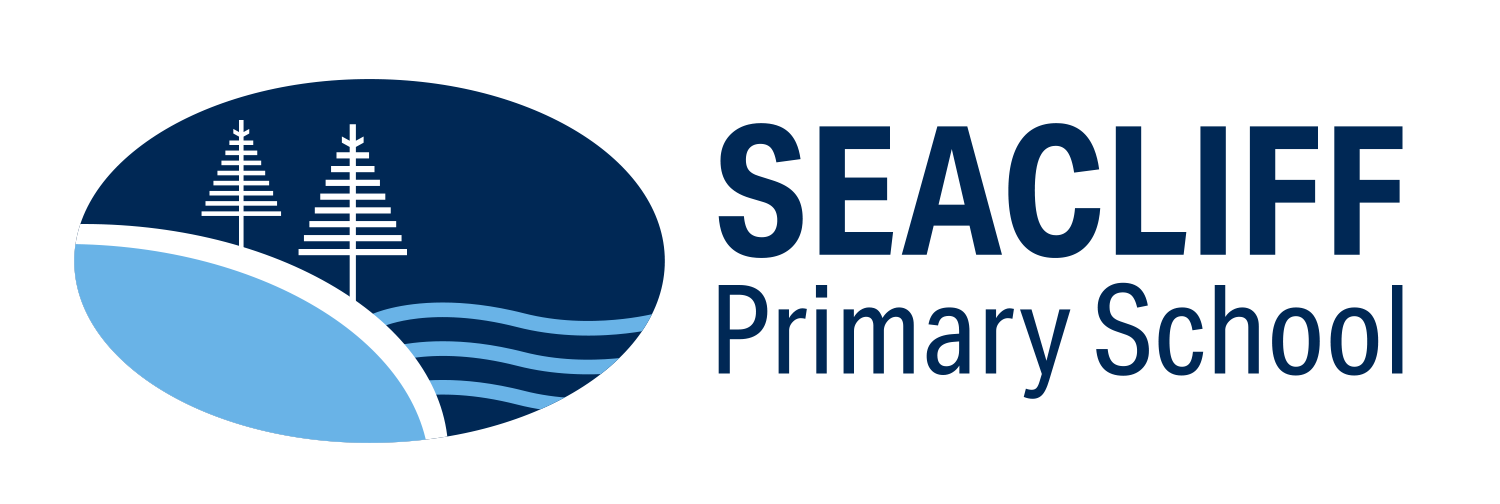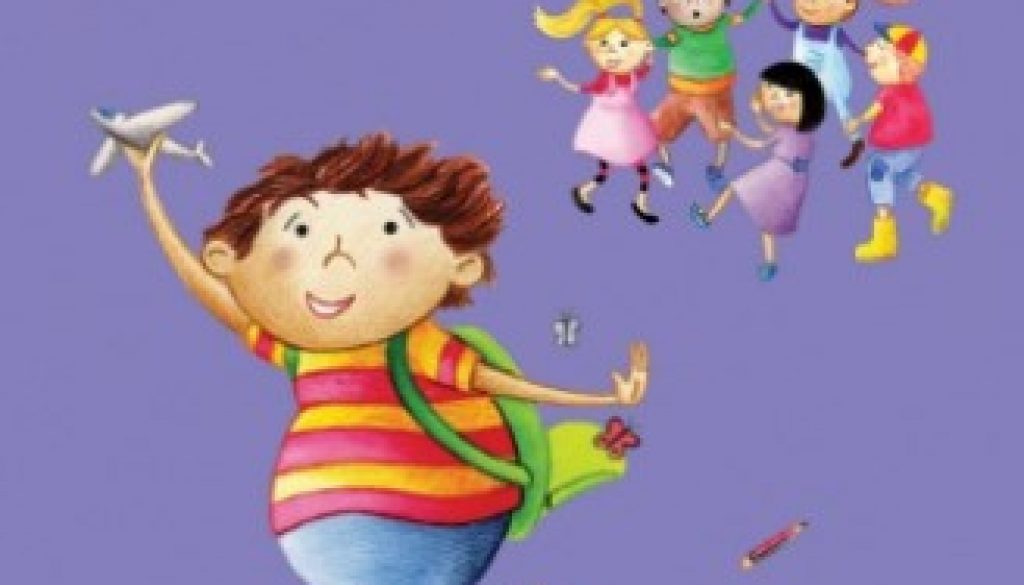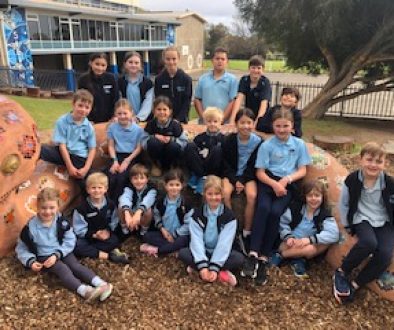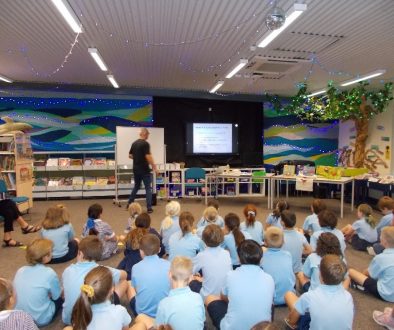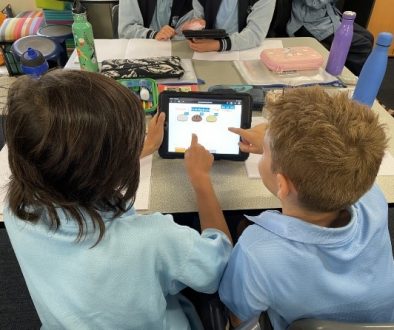‘Play is the Way’ and ‘What’s the Buzz?’.
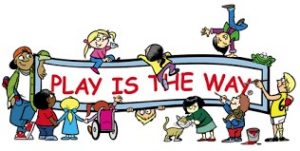 Play is the Way
Play is the Way
The games and conversations that the children have, encourage children to use strong decisions when communicating. To support each other in their class, school and also the wider community.
The founder (Wilson McCaskill) writes the following about the program.
It is a practical methodology for teaching social and emotional learning using guided play, classroom activities and empowering language.
- To help children to develop and habituate patterns of behaviour that are socially effective and culturally appropriate.
- To assist children to control impulsive behaviour and defer the need for immediate gratification as they strive for long term benefits and goals.
- To strengthen the skills of teamwork and cooperation and help children to build strong relationships.
- To initiate a process of self-awareness and discovery.
- To create a common awareness and language and foster empathy, respect and an appreciation of difference.
- To engage children’s emotions and call for the regulation of those emotions to achieve success. By being challenging, the games develop self-motivation and perseverance. They help children to identify the reasons for failure and build optimism and resilience.
- It requires effort and application.
- Children hone the skills that help them to live, learn, work and play well.
- To improve the social, emotional, physical and mental health of children.
- To know that games can be more than amusement. They can do far more than develop physical skills and fitness. Every game, no matter how simple, is a structure by which children learn about themselves and others.
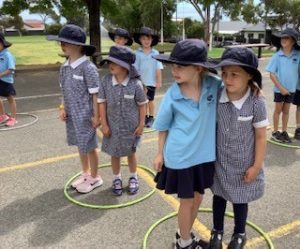
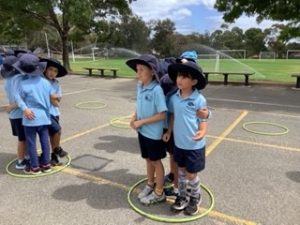
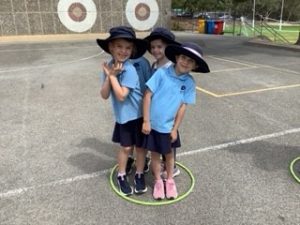
What’s the Buzz?
This is a structured program to teach students how to be together and build social capacity. It explicitly demonstrates methods on how children can get along with one another and nurture friendship groups. By modelling targeted social skills, role play, explicit guidance, feedback and games, the children successfully interact together to be part of a positive learning environment.
The program is designed to build three essential capacities:
- Social Observation (when a person pays attention to what is happening around them, and then tries to fit
- their behaviour to match)
- Social Thinking (looking at how social and emotional behaviour of others is interpreted. They can accurately work out whether the event was intentional or accidental, when someone is serious or being playful and when someone is being genuine)
- Social Action (to carry out the appropriate positive behaviour when required).
